Scout motors calls for the u.s. to repeal direct auto sales ban
According to foreign media reports, Scout Motors, a subsidiary of the Volkswagen Group, has submitted a request to the U.S. government urging it to take all necessary measures to abolish the automobile franchise laws in various states. The company believes that these laws are "heavy restrictions on competition" and hopes to pave the way for direct sales of cars to consumers.
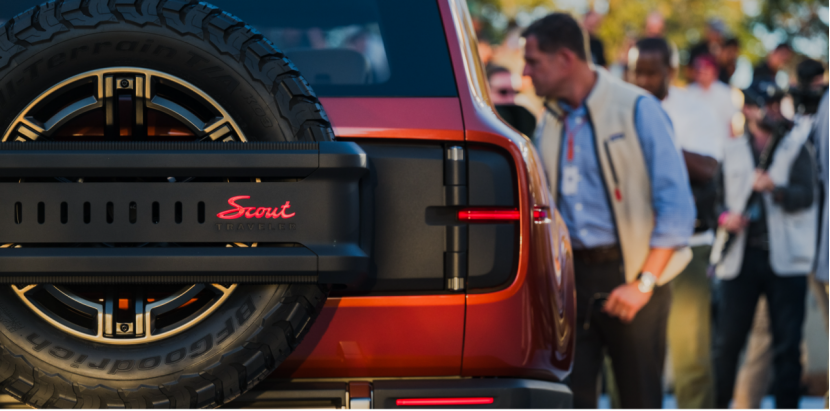
Image source: Scout Motors
This request was submitted by Blair Anderson, Vice President of Government and Regulatory Affairs at Scout Motors, in an 11-page letter to the Antitrust Division of the U.S. Department of Justice. It is reported that this division was established in March of this year, and former President Trump signed two executive orders in January and February aimed at reducing the "regulatory burden on the American people."
Scout Motors plans to begin production in the U.S. in 2027, selling the Terra pickup and Traveler SUV through experience centers, quick transactions, stores in major U.S. markets, and a flexible nationwide service network, utilizing a direct sales model. Last October, Scout Motors unveiled these two body-on-frame light truck models and confirmed that they will bypass the traditional dealership system and the Volkswagen Group's own dealership network to sell vehicles directly to consumers. It is reported that Volkswagen Group dealers have long called for an increase in the supply of pickups and SUVs. Currently, Scout Motors is led by Scott Keogh, the former CEO of Volkswagen Group of America and president of Audi of America.
In a letter dated May 23, Blair Anderson stated, "The outdated state automobile franchise laws—originally established decades ago to address the circumstances of that time—have evolved into a legal umbrella protecting the existing dealer network, preventing other business models from existing, let alone competing with the current dealer network."
Blair Anderson pointed out in the letter that the existing and pending state automobile dealer franchise laws threaten Scout Motors' ability to sell and service vehicles in all 50 states in the U.S.
Blair Anderson claims that in the U.S. economy, no industry has more anti-competitive laws that hinder innovation, economic growth, and consumer welfare than the American automotive industry and state dealership franchise laws. He wrote: "We urge the U.S. Department of Justice and the Trump administration to thoroughly investigate these protectionist, anti-competitive strategies and open up space for fair competition and innovation in the American automotive industry. These strategies directly conflict with the possibilities of a free and open market, where all businesses can compete fairly."
Blair Anderson pointed out that it makes no sense to force emerging manufacturers to adopt a dealer franchise model in the initial stage, especially when the manufacturer has never asked any dealers to invest in the distribution of their vehicles, has developed more efficient alternatives, and will not sell similar models that the franchised dealers already have.
In response to the above report, Scout Motors declined to comment further.
The state automotive franchise laws in the United States have quickly become a legal obstacle for Scout Motors. In February, a bill in South Carolina failed to pass that would have allowed Scout Motors to sell cars directly to consumers, like American electric vehicle manufacturers Tesla, Rivian, and Lucid.
In February of this year, a group of Volkswagen and Audi dealers in Florida filed a lawsuit trying to stop Scout's direct sales retail model, alleging that the company's reservation system violates state laws. These dealers claimed in their lawsuit that Scout Motors should be prohibited from accepting vehicle reservations in Florida and that the brand should be barred from conducting business in the state due to a lack of a manufacturer’s license. It is reported that on October 24, 2024, Scout Motors will begin accepting a refundable deposit of $100 for the Traveler SUV and Terra pickup. However, the dealers argue that this deposit can be applied toward the final purchase price, effectively functioning as a down payment.
In April of this year, the California New Car Dealers Association filed a similar lawsuit against Scout Motors, Volkswagen Group, Volkswagen of America, and Volkswagen Group of America.
The National Automobile Dealers Association (NADA) vows to stop manufacturers from selling cars directly to consumers and has challenged such efforts in court and at state legislatures. In March of this year, NADA sent a letter to Volkswagen Group CEO Oliver Blume and other senior executives urging them to change their strategy. As of July 16, NADA has not received a response.
In a letter submitted to the U.S. Department of Justice in May of this year, NADA's Senior Vice President of Regulatory Affairs, Daniel Ingber, wrote: "Franchised automobile dealers and their protective laws enhance the competitiveness of the U.S. new car market and benefit consumers. Despite anonymous attacks on the franchising system, all empirical evidence indicates that it has a positive effect."
In order to defend the direct sales model, the Volkswagen Group and Scout Motors insist that the Scout truck brand is independent and autonomous, but this claim has been questioned by dealers.
In April of this year, at the New York Auto Forum, Bernie Moreno, a Republican senator from Ohio and former car dealer, briefly mentioned Scout Motors, stating, "Frankly, I really don't understand the current situation. The dealer franchise model used to work well and was beneficial for both sides." Bernie Moreno expressed optimism about Scout Motors' adjustment of its development direction.
【Copyright and Disclaimer】The above information is collected and organized by PlastMatch. The copyright belongs to the original author. This article is reprinted for the purpose of providing more information, and it does not imply that PlastMatch endorses the views expressed in the article or guarantees its accuracy. If there are any errors in the source attribution or if your legitimate rights have been infringed, please contact us, and we will promptly correct or remove the content. If other media, websites, or individuals use the aforementioned content, they must clearly indicate the original source and origin of the work and assume legal responsibility on their own.
Most Popular
-
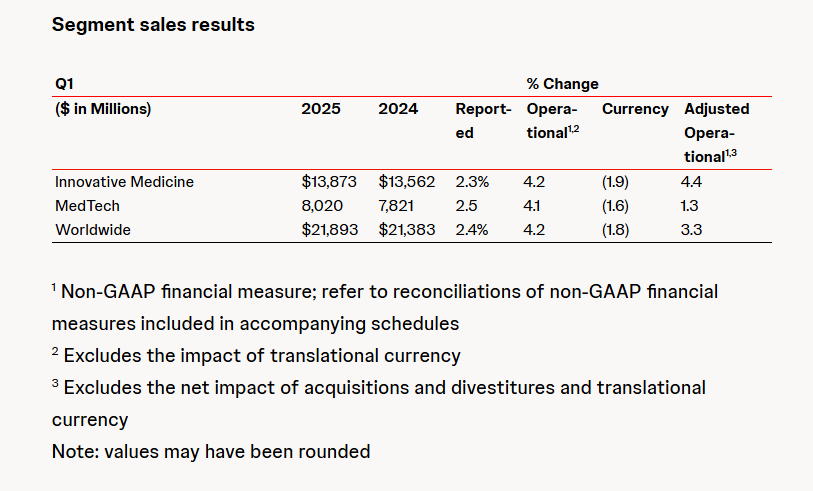
Abbott and Johnson & Johnson: Global Medical Device Giants' Robust Performance and Strategies Amid Tariff Pressures
-
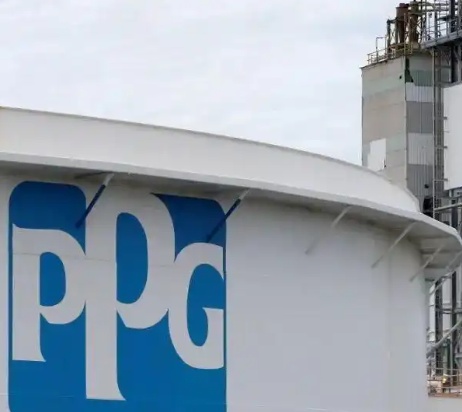
Overseas Highlights: PPG Establishes New Aerospace Coatings Plant in the US, Yizumi Turkey Company Officially Opens! Pepsi Adjusts Plastic Packaging Goals
-
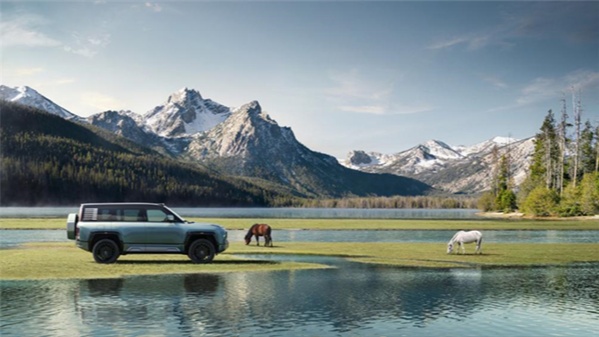
BYD releases 2024 ESG report: Paid taxes of 51 billion yuan, higher than its net profit for the year.
-
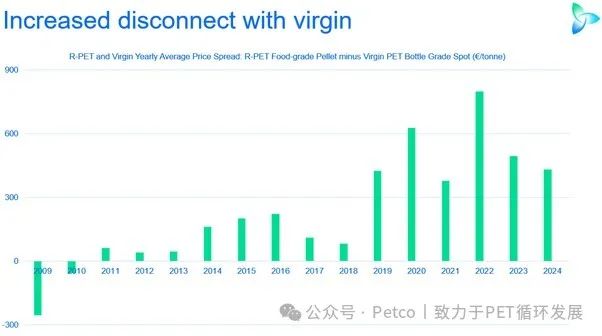
The price difference between recycled and virgin PET has led brands to be cautious in their procurement, even settling for the minimum requirements.
-
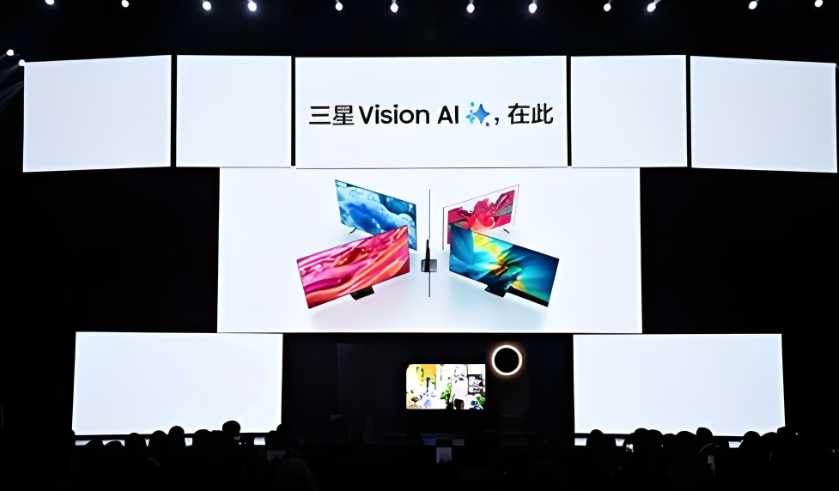
Which brand of AI TV is good? Samsung Vision AI interprets the new industry standard with its "technical advantage."



